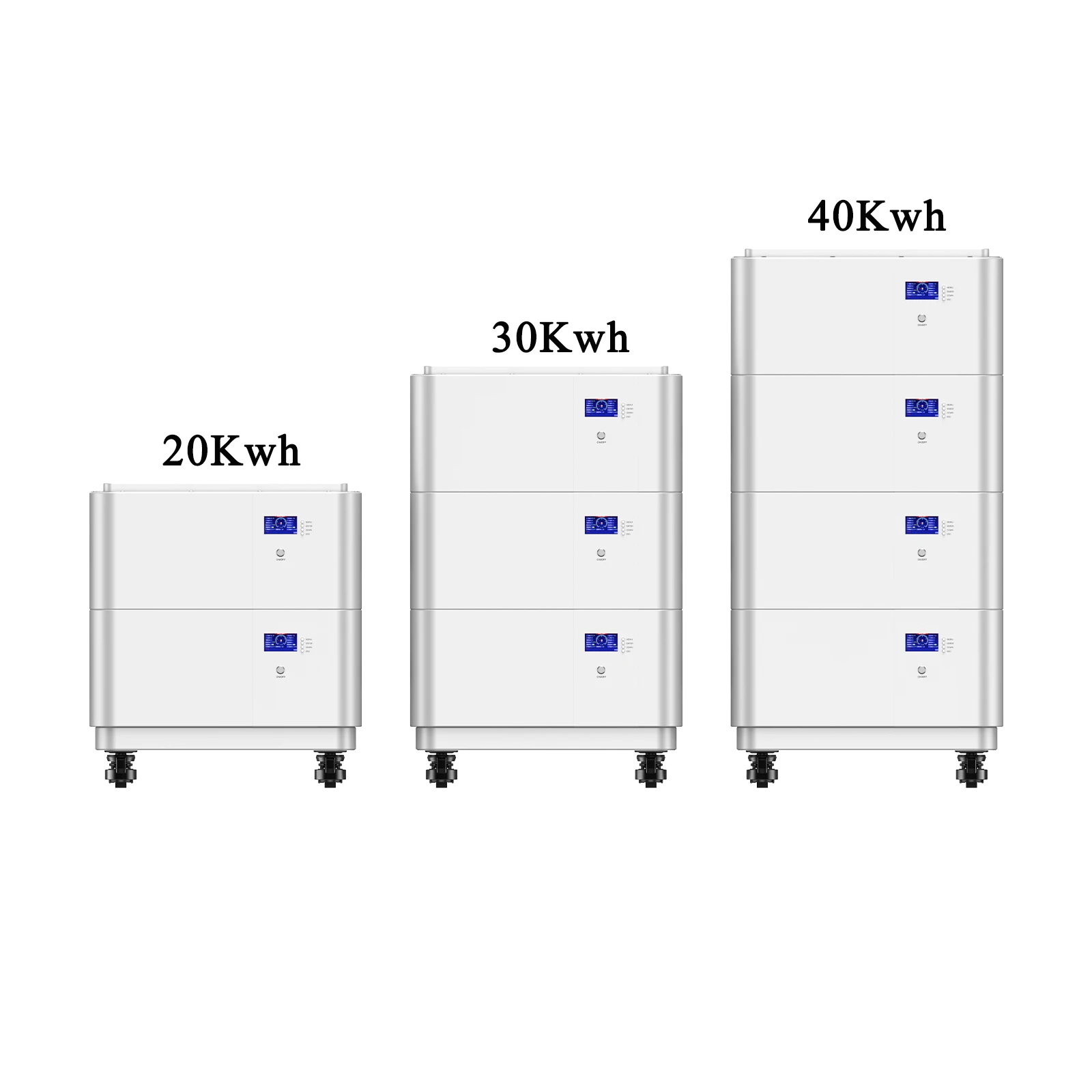Read More: A Complete Guide to Choosing Home Energy Storage Systems
The significance of home energy storage systems cannot be overstated in a world where renewable sources are increasingly appreciated and environment conservation more widely embraced. These systems serve an essential utility allowing for integration of residential solar or wind power where owners have a means to use the electricity they generate, from just having these gates and utilizing self-generated energy during grid outages. This way, they will need less electricity from the standard power grid and their bill will be lower. Suites of choices are right there for the taking, but determining which home storage system is best can be a challenge. Not to worry, as this detailed guide will help simplify the process with a deep dive into what you need consider ranging from calculating your energy system size accurately and how it should be nicely tied in together by seamlessly connecting (pun intended) solar panels & home/energy management systems.
Home Energy Storage System Sizing for Beginners
Making sure that your home energy storage system is the right size can save you time and money in addition to efficiency. First, you need to determine how many kilowatt-hours your household use on an average day which can be known easily by looking at the old electricity bill. Secondly, check your energy targets: do you expect to be 100% off the grid or are you a part-time griddle user just providing aid during peak hour? Remember to factor in possible daily production estimates from your solar array if you have panels. As a general rule of thumb, if you have capable solar panels generating energy throughout the day and would like to use it at nighttimes this is where batters come in handy.
Li-ion vs. Lead-Acid And The Changing Energy Storage Landscape
By far the most important first choice in selecting a home energy storage system is to take lithium-ion or not...lithium-ion, that is[count one]. They have a higher energy density, life expectancy (up to 10 years), and lower maintenance compared to lead-acid batteries that are used.... They are as a result also faster in operation, both charging and discharging - for better all-round performance. Lead-acid batteries, on the other hand, cost less upfront but will last about 3-5 years and have a lower depth of discharge/require maintenance. Thanks to reductions in cost as a consequence of ongoing technological development, Li-ion energy storage is well on its way to becoming the gold standard for home use: timely given that battery power has been considered by many an essential step forward within sustainable and efficient systems.
Strategically Investing in Home Energy Storage to Maximize Savings
Embrace the home energy storage system purchase as a sustained plan to reduce your electricity bills and improve local energy autonomy. But get the engineers to think a bit, and you might see some advantages in terms of round-trip efficiency (that is how much stored energy can be captured from its storage later), warranty periods or brand reputation. You may also want to look into any incentives and tax credits your local government or utility might offer, as they can reduce the upfront cost of installing a system. Performing an in-depth cost vs. benefit analysis, including possible savings over time will help you make sure your investment is worth it on the long term.
Benefits of a Reliable Home Energy Storage System
First and foremost you should looking for those features that lead not only to realiability, but also ease of use,(as well as some level) safety in a home energy storage system. It is important to have a high-quality Battery Management System (BMS) that constantly measure temperature, voltage and state of charge to avoid overcharging or deep discharging which can damage the battery. Another vital functionality to be on the lookout for is scalability which, enables you extended throughout when your energy needs grow. Also look for those with intelligent monitoring features, which allow you to monitor energy consumption behaviours and streamline the flow of power through a mobile app or web interface. Finally, check the safety certification and compatibility with your current solar system or grid connection.
Home Energy Management Systems and Solar Panels to Improve Efficiency
When you pair your solar panels and HEMS with home energy storage, then this allows for a new level of efficiency. These solutions provide long-term renewable energy source, solar panels and intelligent distributed demand sourced power systems (HEMS), to ensure the energy stored is utilized timely. HEMS can handle tasks like automating use of appliances during off-peak hours, storing excess solar energy productions and even forecasts based on historical data to predict when the household will need electricity. This direct integration strategy allows for a complete system solution towards energy management, consequently helping you save more on your home electricity bill and making sustainable living much easier.
So in summary, choosing the best home energy storage system is a combination of (1) understanding what your daily/seasonal/hourly electricity usage patterns are currently and could be for decades to come... (2), knowing what current technology exists to store your excess solar production costs most efficiently;, then finally making an informed decision based on all this information that also aligns with how you see yourself using resources into the very distant future. Properly scale your system, consider cutting-edge battery storage options and value-enhancing features that improve performance to provide resilience through the integration of these components with solar systems in a smart home environment to take on sustainable independent living!

 EN
EN








































